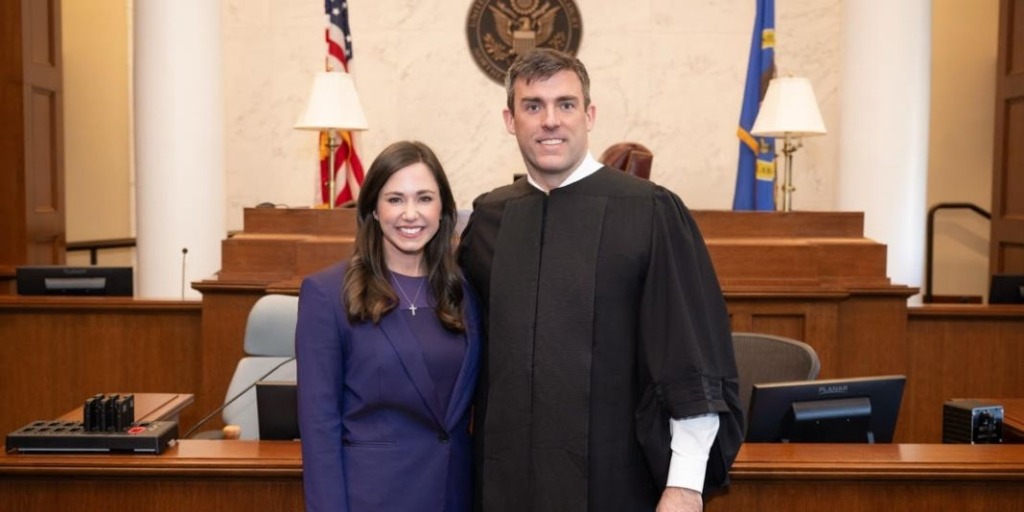MADISON — Medical marijuana may be coming to Madison.
At Monday night’s work session, the Madison City Council heard the first reading of a proposed ordinance to allow medical cannabis dispensaries within the city limits.
The City Council plans to vote on the proposed ordinance at the Dec. 19 regular meeting. If approved, Madison would join Athens and Huntsville in allowing medical cannabis dispensaries.
In 2021, Gov. Kay Ivey signed the legislation to permit the medicinal use of cannabis in the state.
According to the Alabama Medical Cannabis Commission, marijuana products that can be smoked or vaped will not allowed under state law. Raw plant material and food products such as cookies or candies are also not allowed. The products that can be sold from medical cannabis dispensaries are tablets, capsules, tinctures, gels or cream for topical use, suppositories, transdermal patches, nebulizers and liquids or oils for use in an inhaler.
Madison resident Robert Peters was among those who spoke out against the proposed ordinance at the meeting.
“It will degrade the city of Madison,” he said during public comments. “I see it as a black eye for Madison and a black eye for Alabama.”

City Councilwoman Karen Denzine said she heard from numerous residents expressing their concerns.
“I don’t think I’ve ever received so many emails on a single topic,” said Denzine.
The AMCC lists 14 medical conditions that qualify for medical cannabis treatment under Alabama law:
- Autism
- Cancer-related weight loss or chronic pain
- Crohn’s
- Depression, epilepsy or condition causing seizures
- HIV/AIDS-related nausea or weight loss
- Panic disorder
- Parkinson’s
- Persistent nausea not related to pregnancy
- PTSD
- Sickle Cell
- Spasticity associated with diseases including ALS, multiple sclerosis, and spinal cord injuries
- Terminal illnesses
- Tourette’s
- Chronic pain for which conventional therapies and opiates should not be used or are ineffective.










